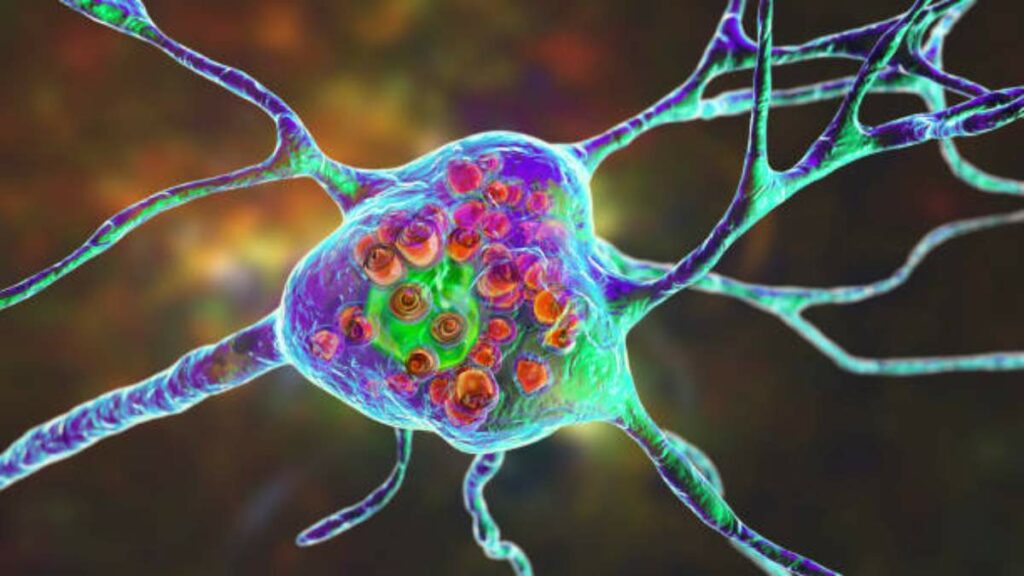Growing research indicates that the microscopic world of our gut flora holds the key to understanding human health and fighting metabolic disorders.
Scientists at Cornell University and the Boyce Thompson Institute (BTI) have discovered that gut bacteria create a particular fatty acid that has a direct impact on an animal’s ability to metabolize fat. This work is important because it clarifies the intricate relationship between host metabolic health, gut microbiota, and diet. These insights may lead to new approaches to treating metabolic disorders.
The researchers focused on certain gut bacteria that produce fatty acids with a special chemical structure known as a cyclopropane ring and showed that these can be converted into signals that turn on fat desaturation in the nematode C. elegans, a model organism often used to study human biology. Intriguingly, C. elegans itself produces a chemically similar fatty acid compound that regulates the same metabolic pathway as the bacterial cyclopropane fats.
Bennett Fox, a post-doctoral researcher at BTI and the study’s first author, said, “Our research suggests that the host organism may have acquired the ability to produce its own signaling molecule, mimicking bacterial biochemistry, through a gene obtained from bacteria—a process known as horizontal gene transfer.”
The findings, which were just published in Nature Communications, demonstrated that a host receptor that serves as a key regulator of total fat metabolism is activated by both endogenous and bacterial fatty acids. This clear connection between host lipid metabolism and microbiota metabolites provides information about how our bodies might use healthy gut flora to control essential functions including obesity and metabolic disorders.
“Microbiota-dependent metabolites regulate virtually every aspect of animal physiology, including development, metabolism, and immune responses. Despite the life-sustaining importance of these metabolites, many of their structures remain unknown,” noted Frank Schroeder, a professor at BTI and senior author of the study.
One intriguing area of study is the ability of compounds produced by bacteria to affect the metabolism of their host. Host-bacterial interactions can be further studied to have a better understanding of—and possibly enhance—metabolic health.
“The devil is in the details. As we gain clarity regarding the molecular mechanisms of fat metabolism and its regulation by specific diet-derived compounds, we step closer to harnessing this knowledge for better health outcomes in humans,” said Fox. “This research not only broadens our understanding of basic biological processes but also highlights potential pathways for future exploration in human health and disease management.”

